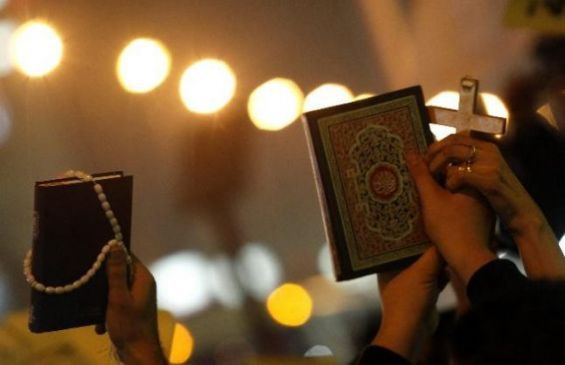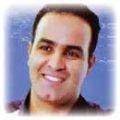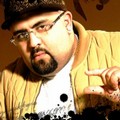Annually, the US Department of State releases the International Religious Freedom report, which investigates the status of religious freedom in 200 countries and gives an overview of the abuses and restrictions committed by the government, terrorist groups or individuals in this regard. According to the survey released on the 15th of August, Moroccan Christians, Bahais and Shias are suffering from discrimination as they are considered as minorities in a country where 99 percent of the population is composed of Sunni Muslims.
The US Department of State indicates that the religious demography of the country is dominated by Sunni Muslims while only 1% of the population includes Christians, Jews, Shia Muslims and Bahais. The Jewish community accounts for 3,000 to 4,000, and 2,500 of them live mostly in Casablanca while the rest are settled down in Rabat and Marrakech. For other religious minorities, the report estimates that there are 2,000 to 6,000 Moroccan Christians in the country as opposed to 30,000 foreign Roman Catholics and 10,000 Protestants.
As numbers suggest, more foreign-resident Christians live in Casablanca, Tangier and Rabat and they are mostly Sub-Saharan migrants. On the other hand, around 1,000 to 2,000 foreign-resident Shias from Lebanon, Syria and Iraq live in the northern regions of the country. The Bahai community is composed of around 350 to 400 individuals.
Legal framework
As numbers diverge when it comes to the religious demography in Morocco, the status of every religion is also seen, treated and perceived in a different way. Sunni Islam and Judaism are the only two religions recognized by the State. Other religious groups, however, are forced to register in the form of associations with the Ministry of Interior in order to conduct financial transactions, hold bank accounts, rent property, and address the government in the name of the group. Jews on the other hand are granted a different status and legal framework. According to the report, they have their own separate laws and courts for their matters.
Despite the fact that Morocco includes different religious minorities, the constitution has been strict on some matters. «By law, impeding or preventing one or more persons from worshipping or from attending worship services of any religion is punishable by six months to three years of imprisonment and a fine of 200 to 500 dirhams ($20 to $49)». Not only that, according to the penal code, any Sunni Muslim who breaks the fast in public during Ramadan without a valid excuse can be liable for punishment of six months in jail and a fine of 200 to 500 dirhams.
Moreover, Schools are supposed to teach only Sunni Islam with an exception for Jewish private schools which are able to teach Judaism. Only the high Council of Ulemas, which is appointed by the King, is allowed to issue Fatwas. Political parties are not meant to be based on religion or attack Islam.
Law Restrictions
The restrictions put by the law, constitution and the government, according to the report, have resulted in several arrests and discrimination acts. In May 2016, Shia leader, Abdou El Chakrani was arrested for financial misconduct. A Shia leader told the authors of the report El Charkaoui was targeted for his religious orientations.
«Some local Christians reported authorities pressured converts to renounce their faith. The government monitored, and in some cases restricted, religious activities of Muslims and non-Muslims», said the authors of the report, stating that the government «continued to restrict the distribution of non-Islamic religious materials, as well as some Islamic materials it deemed inconsistent with the Maliki-Ashari school of Sunni Islam». Thy survey reports that two men were arrested in Zagora for «drinking water in public during fasting hours» in June 2016.
«Local Christians and Shia Muslims continued to state fears of government harassment were part of the reason they refrained from public worship and instead met discreetly in members’ homes», the same source adds.





 chargement...
chargement...













